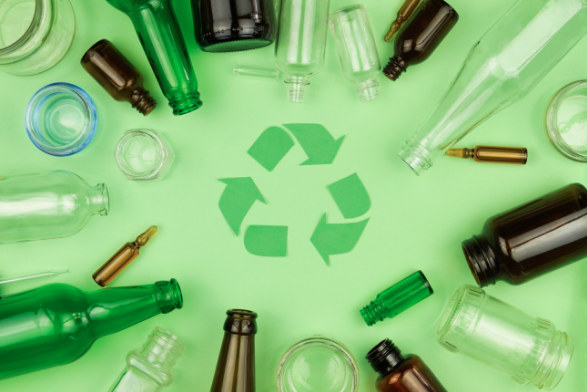Paper recycling in Dubai, as in many other places, involves the collection, processing, and transformation of used paper materials into new paper products. Recycling paper has several environmental benefits, such as reducing the demand for raw materials, conserving energy, and minimizing the environmental impact associated with paper production.
Here are some key aspects of paper recycling in Dubai:
Collection:
Used paper is collected from various sources, including households, businesses, educational institutions, and government offices.
Collection methods may involve curbside pickup, drop-off centers, or dedicated recycling bins placed in strategic locations.
Sorting:
Collected paper is sorted to remove contaminants such as plastic, metal, and other non-paper materials.
The sorting process ensures that the paper is clean and suitable for recycling.
Processing:
After sorting, the paper is processed in recycling facilities. This typically involves shredding or pulping the paper to break it down into fibers.
The paper pulp is then cleaned and refined to remove any remaining impurities.
Production of Recycled Paper Products:
The cleaned and refined paper pulp is used to manufacture various recycled paper products, including newspapers, cardboard, tissue paper, and packaging materials.
Distribution:
The recycled paper products are distributed to manufacturers and businesses that use them in their operations.
Promoting Awareness:
Public awareness campaigns and educational initiatives are essential to encourage individuals and businesses to participate in paper recycling.
Dubai's government and environmental organizations may conduct outreach programs to inform the public about the importance of recycling and the proper methods for disposal.
Government Regulations:
Dubai, like many other regions, may have regulations and policies in place to promote recycling and waste reduction. This could include incentives for businesses to adopt sustainable practices.
Private Recycling Companies:
Private recycling companies may play a significant role in paper recycling efforts in Dubai. These companies may collaborate with businesses and municipalities to streamline the collection and recycling process.
 Over the past 70 years, our reliance on plastic—a cost-effective and
efficient material—has surged dramatically. However, while the global
production and consumption of this versatile material continue to surge,
our efforts in disposing and recycling plastics are lagging far behind.
The stark reality? Global plastic pollution, once at two million tonnes
in 1950, soared to a staggering 348 million tonnes in 2017. If current
trends persist, projections signal a doubling by 2040.
Over the past 70 years, our reliance on plastic—a cost-effective and
efficient material—has surged dramatically. However, while the global
production and consumption of this versatile material continue to surge,
our efforts in disposing and recycling plastics are lagging far behind.
The stark reality? Global plastic pollution, once at two million tonnes
in 1950, soared to a staggering 348 million tonnes in 2017. If current
trends persist, projections signal a doubling by 2040.
